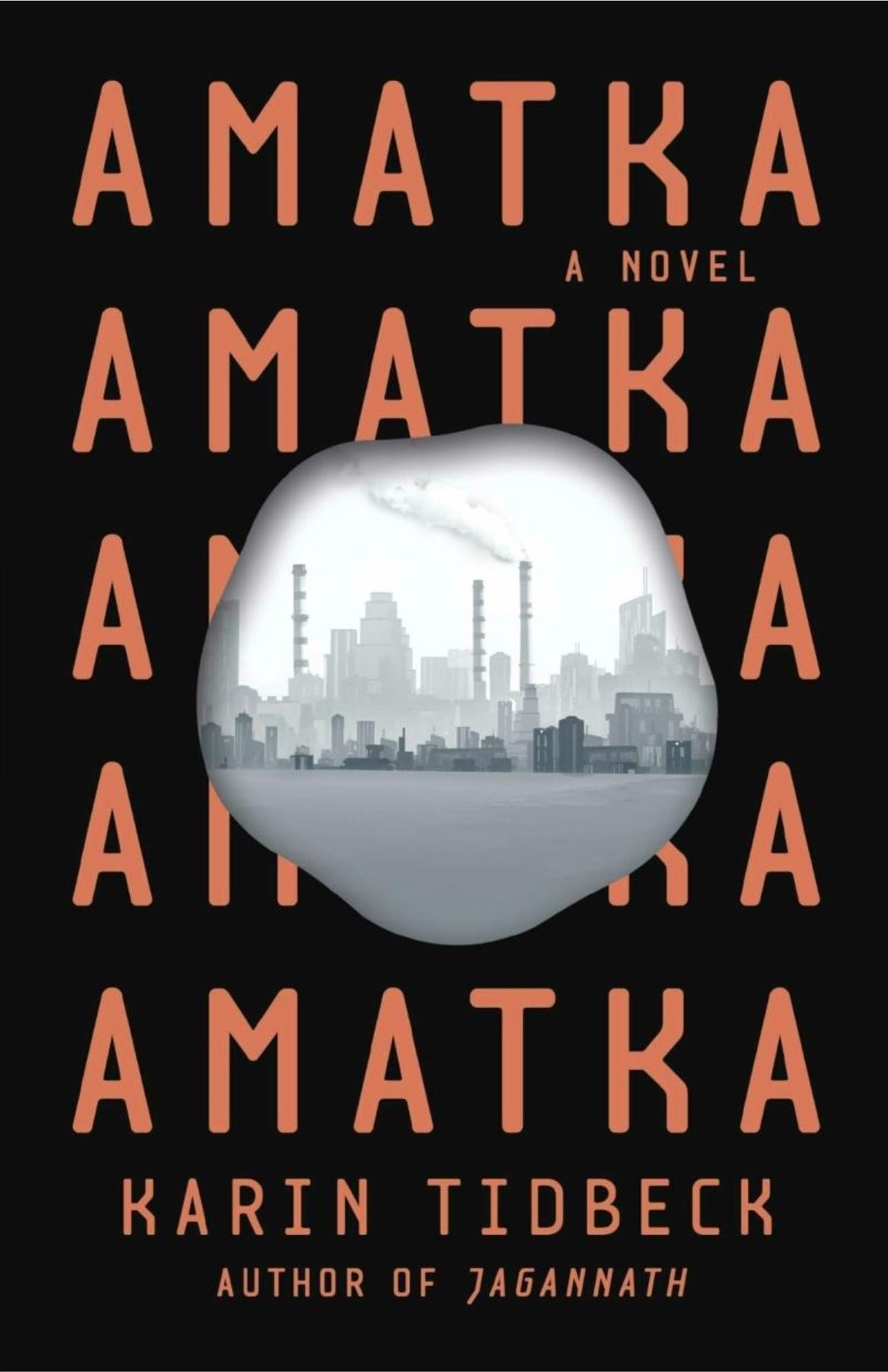


Yes, on the one hand, women are almost forced to have children, who are then raised independently of their parents. What’s fascinating is that compared to some dystopias - say, Gilead in The Handmaid’s Tale - Amatka doesn’t always seem so bad. This is a world where language is a source of tremendous power. One of Amatka’s biggest collective fears, then, is calling something by the wrong name. To form a wall, for instance, a member of the colony would point at the sludge, call it a wall, and then write the word WALL on it for good measure. In some ways, Amatka is much like our world, but it also differs in significant ways: Amatka is one of only four colonies of human beings in existence (a fifth colony, we learn, was destroyed), and almost every material thing - including furniture, eating utensils, even the buildings themselves - is made out of a strange sludge that takes on whatever shape it’s labeled with. Amy Brady and Adam Morgan discuss Tidbeck’s unique brand of worldconjuring, her Scandinavian influences, and how successfully she incorporates elements of mystery, surrealism, and poetry.Īmy Brady: When Vanja first arrives at the Amatka colony, I wondered where we were in time and space.

But beneath the city’s peaceful veneer, long-held secrets are beginning to surface that could destroy everything. In this edition, Amy Brady and Adam Morgan explore the dark, surreal novel Amatka, by the Swedish master of weird fiction, Karin Tidbeck.įirst introduced to English readers by Ann and Jeff VanderMeer (via her short story collection, Jagannath), Karin Tidbeck’s novel Amatka follows an investigator named Vanja who travels to the frigid colony of Amatka, where language - both written and spoken-has immense power. Double Take is a literary criticism series in which two readers tackle a highly-anticipated book’s innermost themes, successes, failures, trappings, and surprises.


 0 kommentar(er)
0 kommentar(er)
